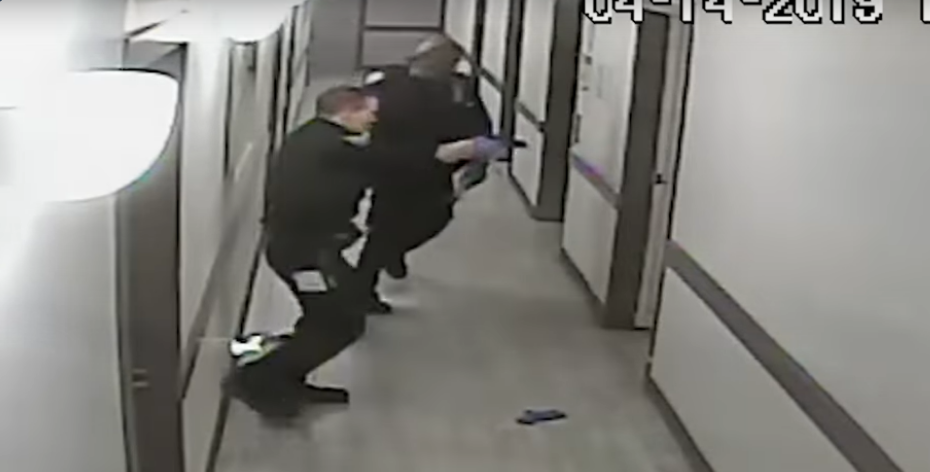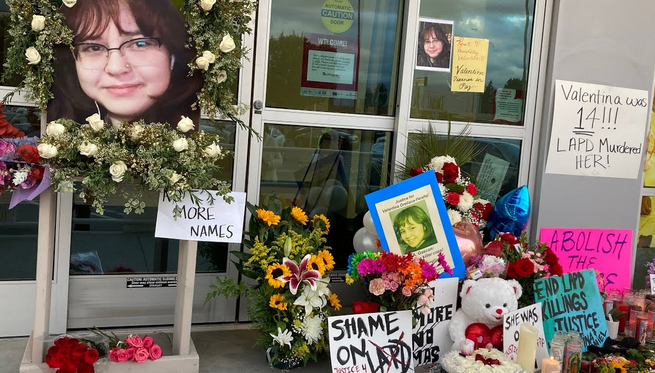Troy Davis became a martyr for the movement, a person willing to accept the ultimate sacrifice with love in his heart because he did not lose faith in the power of human beings to bring about positive, justice-based social change.
 
[Future Hope]
This is what Troy Davis said, September 10, 2011, 11 days before his execution: “As I look at my mail from across the globe, from places I have never ever dreamed I would know about and people speaking languages and expressing cultures and religions I could only hope one day to see first hand, I am humbled by the emotion that fills my heart with overwhelming, overflowing Joy. I can’t even explain the insurgence of emotion I feel when I try to express the strength I draw from you all; it compounds my faith, and it shows me yet again that this is not a case about the death penalty, this is not a case about Troy Davis, this is a case about Justice and the Human Spirit to see Justice prevail.”
Troy Davis was a special person. I learned this very late, just days before his execution by the state of Georgia, when my email inbox and the mainstream news became full of stories about his case. It was not until that happened that I took the time to learn more about him.
I was moved by what I learned. As indicated by the above quote from one of his last communications from death row, Troy Davis became much more than the latest low-income person of color done wrong by the so-called “criminal justice system.” Troy Davis became a martyr for the movement, a person willing to accept the ultimate sacrifice with love in his heart because he did not lose faith in the power of human beings to bring about positive, justice-based social change.
He was able to see past his personal sufferings and death to a different kind of world. He was a visionary, and he led by example. I learned this as I listened to his 17 year old nephew, De’ Jaun Correia, on Democracy Now explaining what it was like to visit his uncle regularly and the strength and humanity Troy had helped to instill in De’ Jaun.
I am sure that Troy appreciated all of those who came before him who also accepted the necessity of personal sacrifice in the cause of justice, people like Jesus of Nazareth, Tecumseh, Harriet Tubman, Joe Hill, Cesar Chavez, Martin Luther King, Jr., Malcolm X., Bobby Sands and many, many more.
Troy’s example and Troy’s words remind me of something Helen Keller once said:
“Four things to learn in life:
To think clearly without hurry or confusion;
To love everybody sincerely;
To act in everything with the highest motives;
To trust God unhesitatingly.”
How do movements grow? One essential component is the willingness of individuals within it to model a way of living, a humanity and dedication to doing what is right, no matter what the costs, which spreads outward, inspiring and moving others to take action. Troy has certainly done that for the movement against the death penalty, against racism and institutionalized injustice.
Another example is Tim DeChristopher, climate activist from Utah who took action to derail what turned out to be an illegal government auction of public lands to gas companies and for which he is now serving a two-year sentence in federal prison. There is no question in my mind that there is a direct connection between Tim’s example, his continued activism and movement-building work after his arrest until his sentencing, and the willingness of 1,253 people to be arrested at the White House a month ago as part of the historic Tar Sands Action www.tarsandsaction.org.
A great sacrifice is rarely something to be actively pursued. Indeed, what is most needed is not so much individuals looking to take a big risk for what is right but, instead, individuals whose inner light, whose never-extinguished passion for justice, keeps them working day after day, making daily sacrifices, doing the many little things which, when combined with the similar work of many others, has an impact.
As movements grow, there will be bigger sacrifices and possibly great sacrifices made as action is taken against injustice and wrong. When that happens and we are the ones making the sacrifice, we need to be prepared spiritually and emotionally to be an example to others about how to stand strong with dignity and love in our hearts despite hardship and suffering.
We need to be like Troy Davis.
Ted Glick has been a progressive activist and organizer since 1968. Past writings and other information can be found at www.tedglick.com, and he can be followed on twitter @jtglick, www.twitter.com/jtglick.
“Speaking Truth To Empower.”











